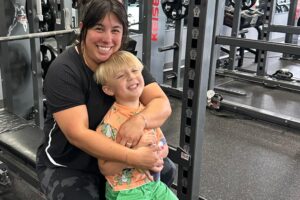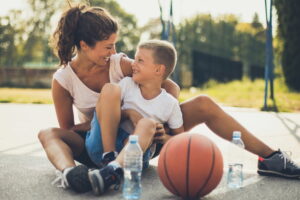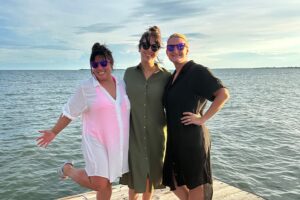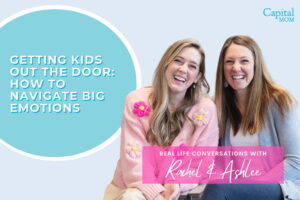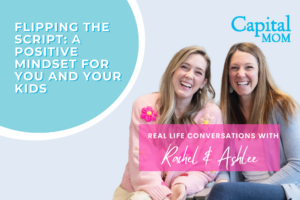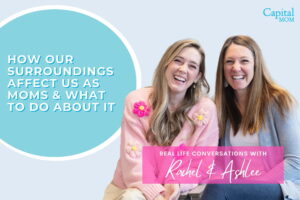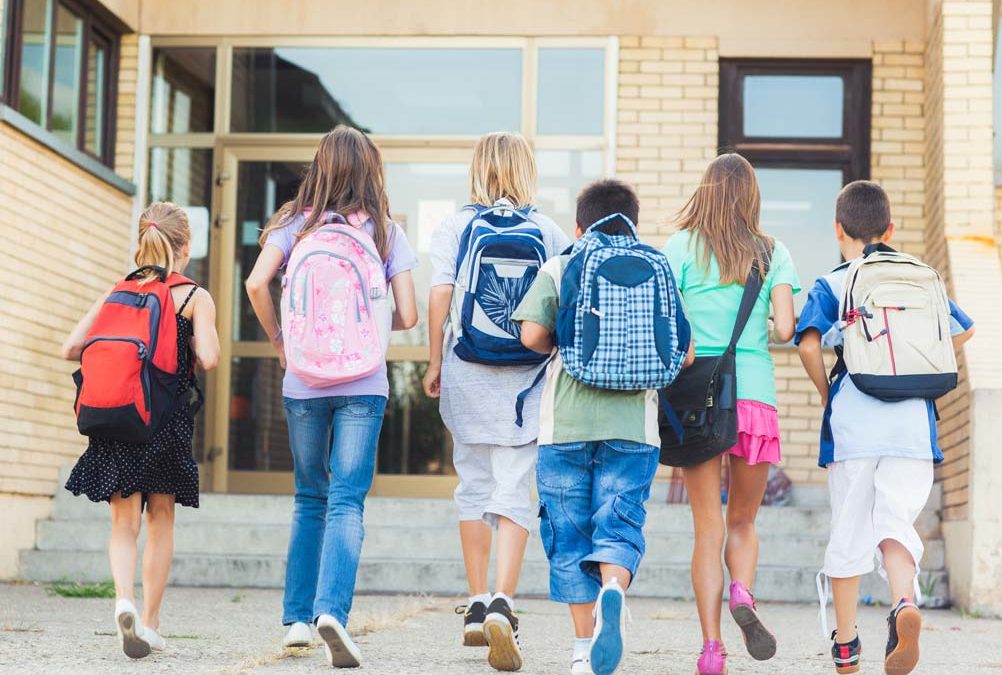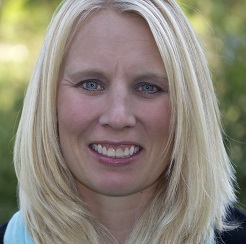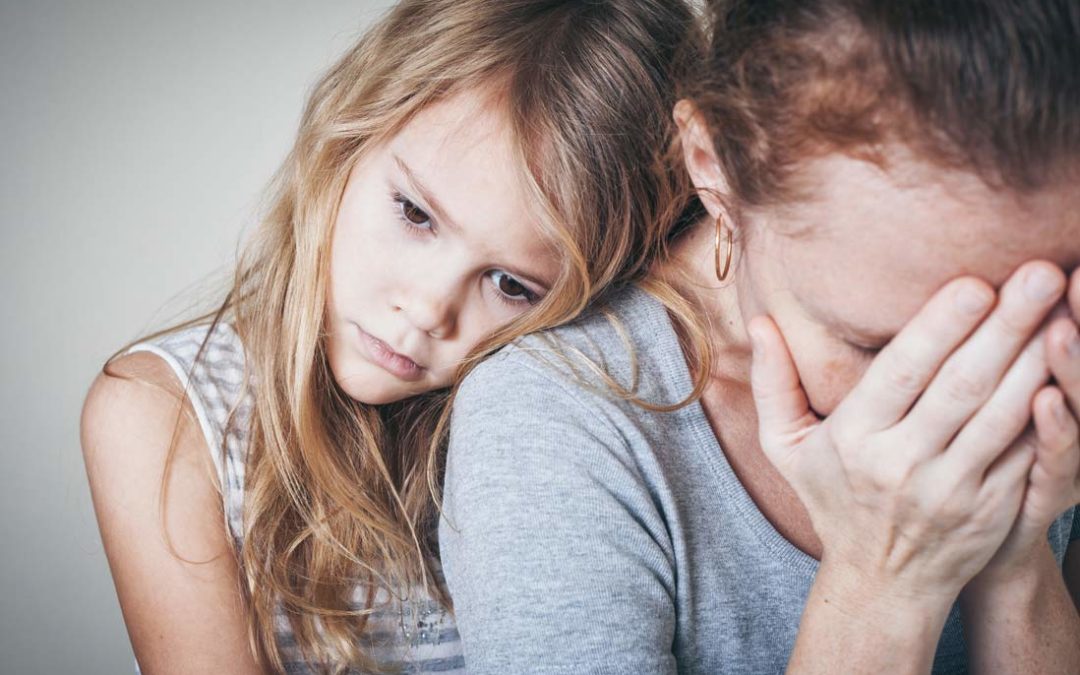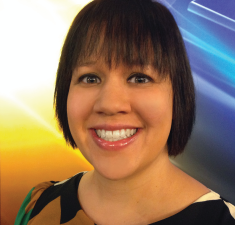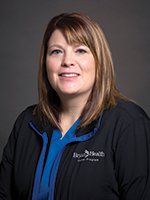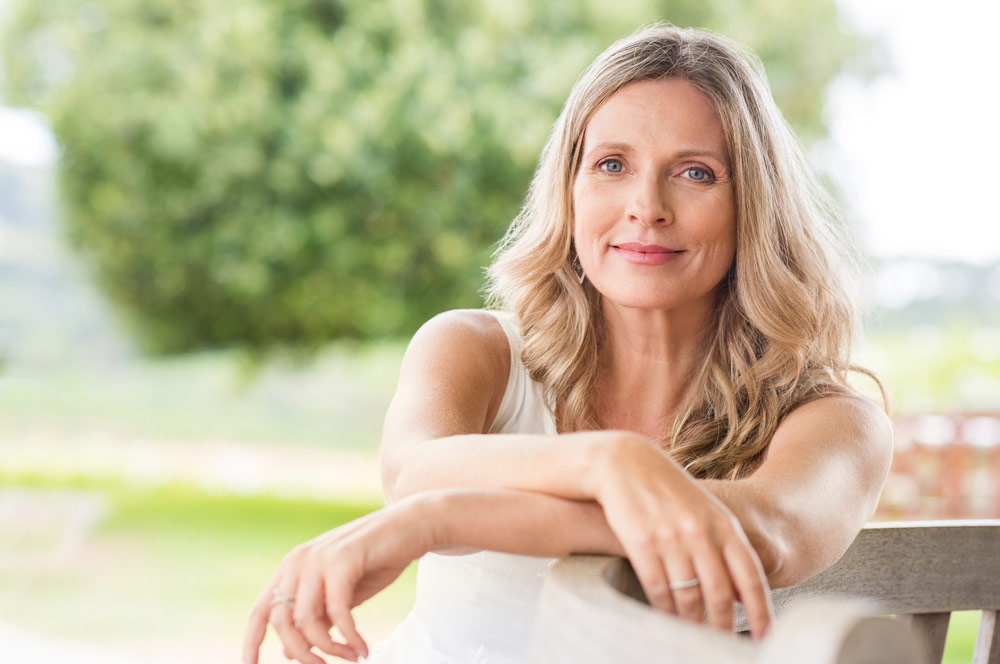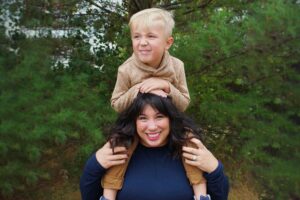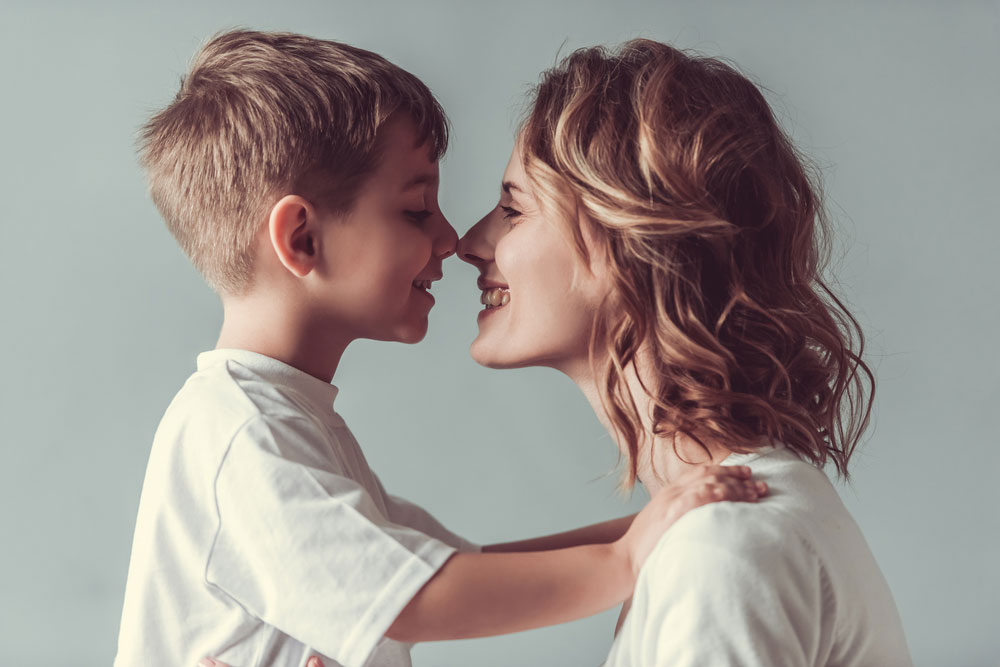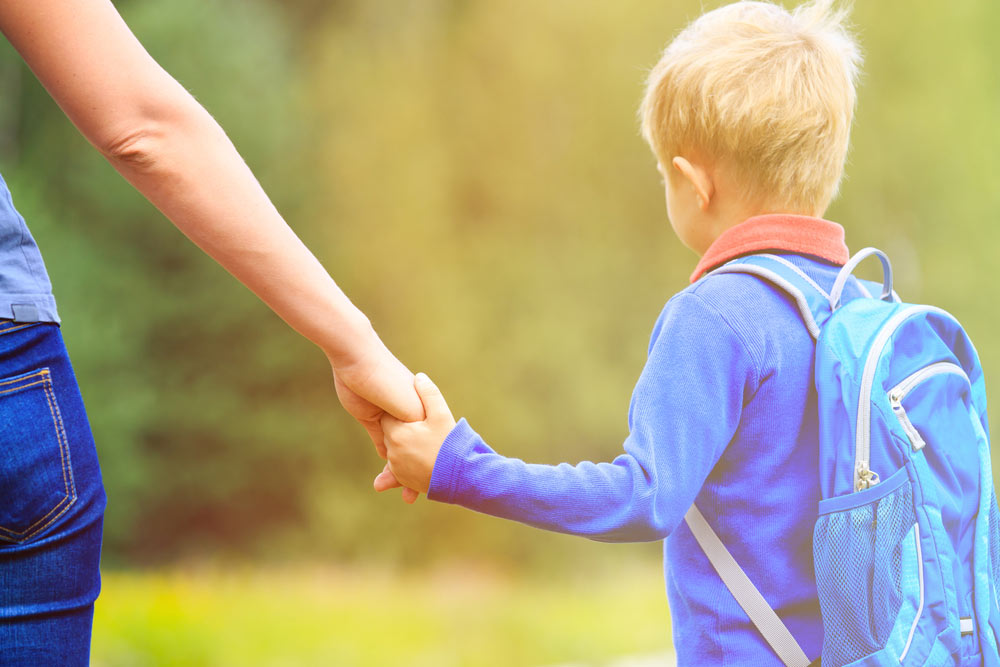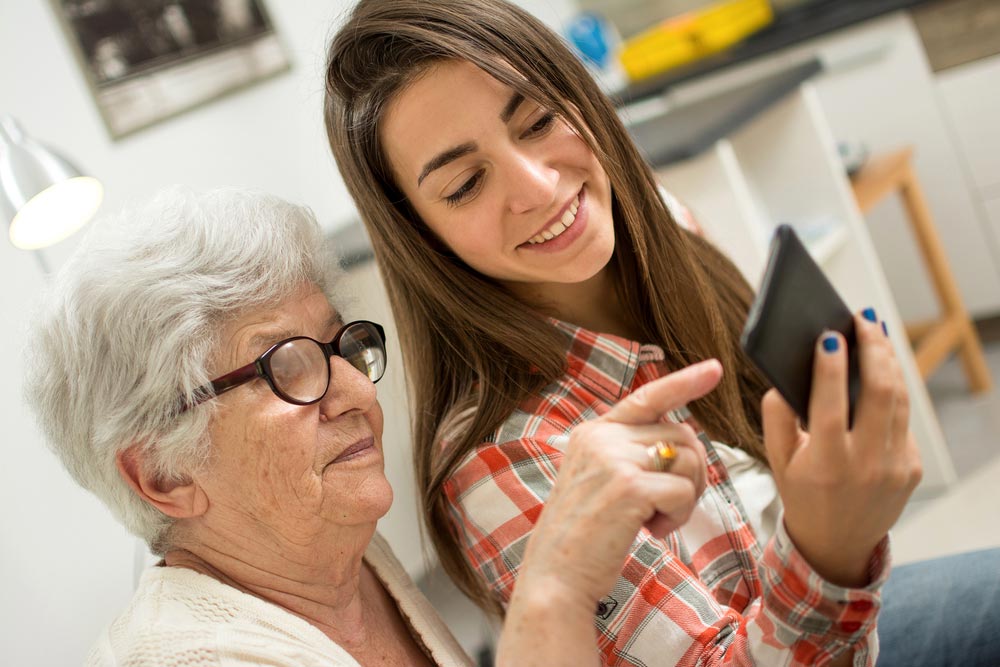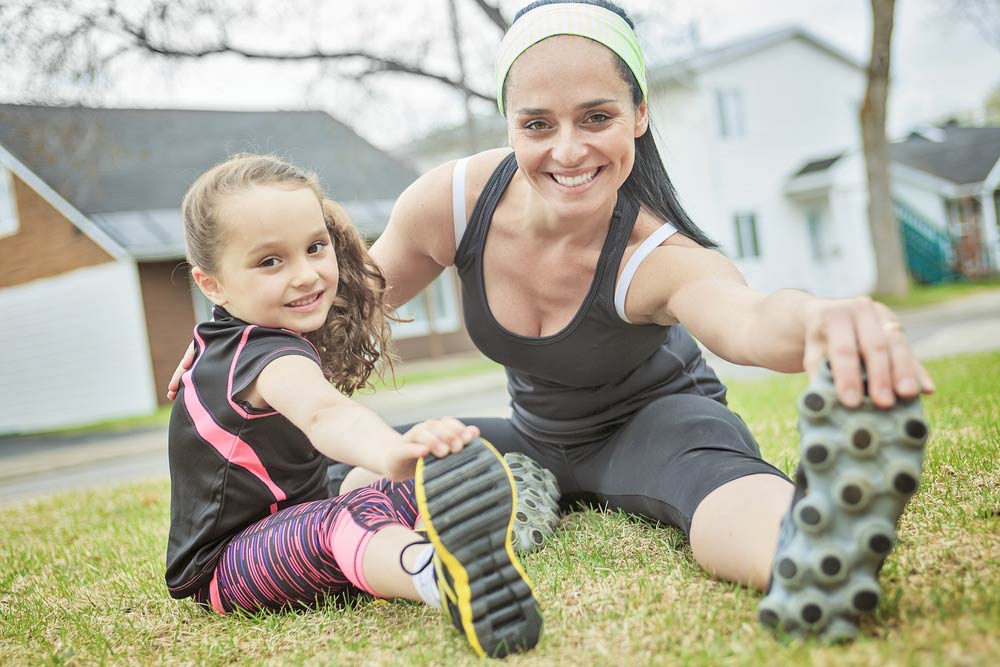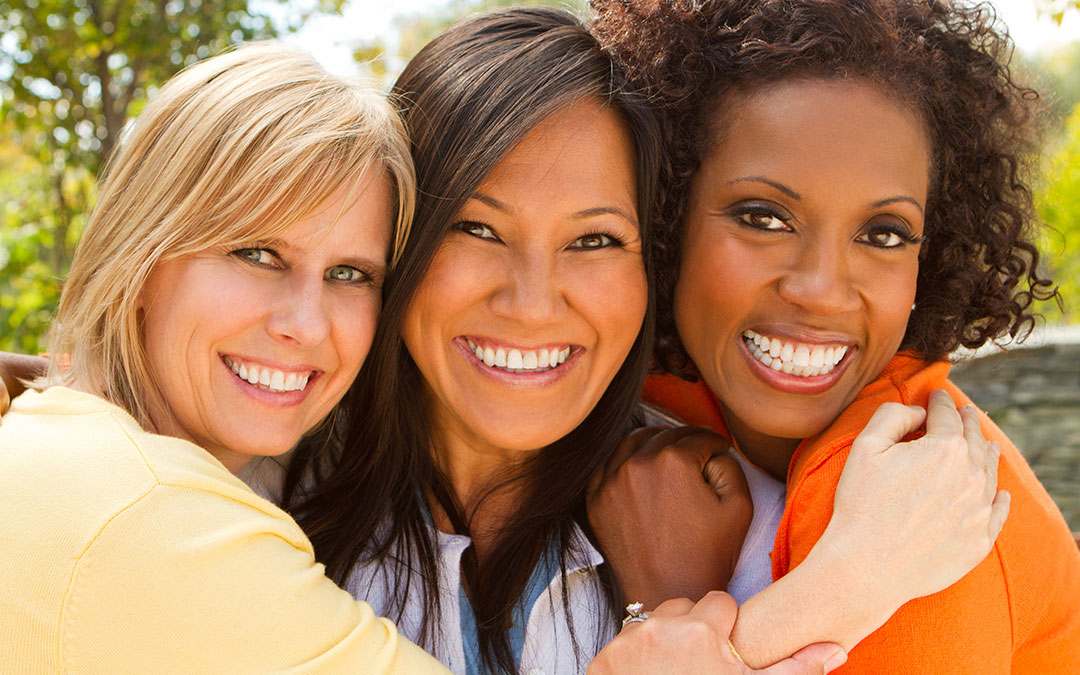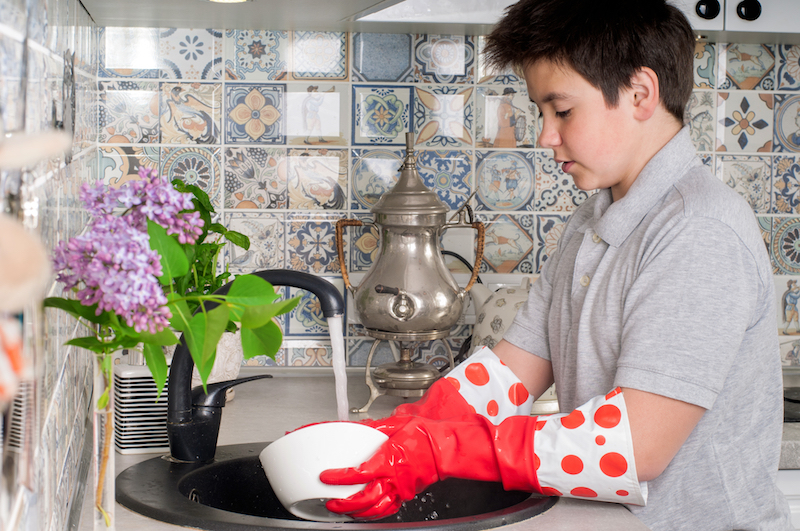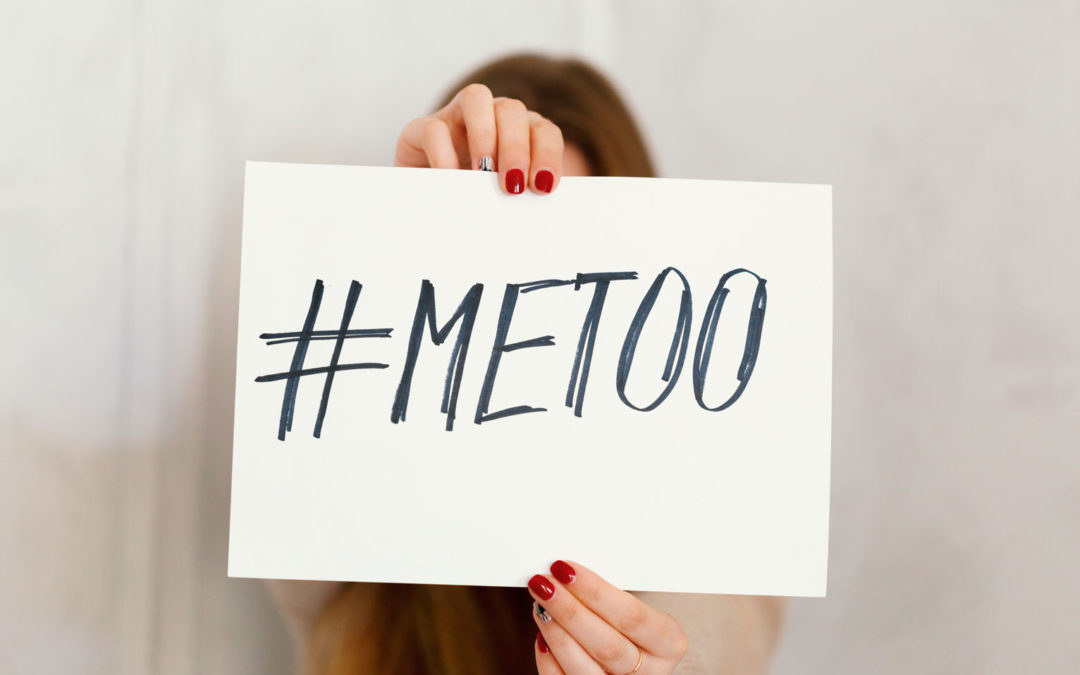
Talking About the #MeToo Movement with My Grandkids
The list of famous men accused of sexual harassment these past few months seems endless. At first, because of their fame and presence on our screens, the *#MeToo movement almost felt like it was happening in another world. But it wasn’t. Local marches and discussions, even in Lincoln, Nebraska, showed us that it’s everywhere. No one knows if this is part of a revolution or if the #MeToo movement will pass. Despite that, I think it was important to talk about it with my grandkids.
Don’t Worry Grandma
Recently, I met up with my grandkids for lunch for one last gathering before the new school year and their days fill up with class, clubs, sports and other new challenges. I was curious to learn if my granddaughters knew about the #MeToo movement and if they knew how they would respond to sexual harassment. Would they confront the person? Would they share their story with a friend or adult? Would they feel comfortable sharing it with their parents? I also wondered about my grandson. Is he prepared to act if he encounters harassment or assault either towards himself or another person?
I also wanted to share my thoughts and feelings about the #MeToo movement and tell them the story of Tarana Burke, who’s 2006 story of sexual assault and advocacy started the #MeToo movement. After listening to a young woman share her sexual assault story, Tarana, a sexual assault survivor herself, didn’t know what to say. Later, she wished she would have said, “me, too.” This is how the #MeToo movement began.
When I brought up the #MeToo movement during lunch that day my oldest granddaughter said, “Don’t worry about it grandma. We’ve got it figured out.” They wanted to share their excitement over the new school year, laughing and teasing each other, not talk about sexual violence. I get it. This wasn’t the time for grandma’s serious talk. So, I let it go.
What Was In It for Me?
Maybe I wanted to have this discussion because of my life as an educator. My eagerness to make sure all students are safe and taken care of is important to me. But mostly I care about having a plan to help young people deal with sexual harassment and assault. The plan can’t always be carried out exactly as planned, but I feel better when there’s something we can look to in a time of crisis. Unfortunately, I didn’t get to this with my grandkids that day, but that’s okay.
Or, maybe I wanted to have this discussion because I’m a nosy grandma? I really was curious to hear where my grandkid’s minds were on this topic.
Lastly, maybe I wanted to have this discussion because it’s on my mind. I don’t want it to be lost in the never-ending news cycle.
It’s Out of My Control
What’s funny is, I used to worry about my grandkids falling off bicycles or climbing too high on the playground equipment. I still worry about them every day, but what I’m worried about has changed. I’m not in control when it comes to their response to the #MeToo movement. I’m confident that their parents have helped them prepare for the future, but it’s not up to me. I have to take a deep breath and trust that they will do their best, just as they’ve always done.
It’s always been my belief that change doesn’t happen until there’s a crisis. Society needs to shift in order to disrupt the narrative around sexual violence to make the changes we need. Tarana Burke said, “If in this country, we had an outbreak of some communicable disease that 12 million people got in a 24-hour period, we would be focused solely on the cure. That’s the difference in how people think about the disease of sexual violence.”
*Please note, I may not have used the correct way to address the movement, #MeToo. Sorry, I don’t have any idea what a hashtag stands for or means. Guess I’ll need to ask my grandkids!
If you or a loved one needs help after a serious trauma such as sexual assault, the Bryan Medical Center emergency department offers specially trained, discrete sexual assault nurse examiners who can help. The Bryan Counseling Center also offers compassionate counselors who work specifically with those who have endured serious trauma or abuse.
To schedule an appointment with the Bryan Counseling Center, call 402-481-5991.
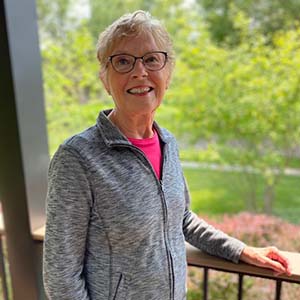
Nancy Becker
Grandkids & Grandparents
I have four grandchildren ages 14-17. In some ways, I’m a very typical grandma, always proud of everything the kids do and wanting to help support them in whatever way I can. In other ways, I’m not very typical. My goal as a blogger is to share my thoughts and experiences that I think are funny and meaningful as I adventure through grandmahood.


